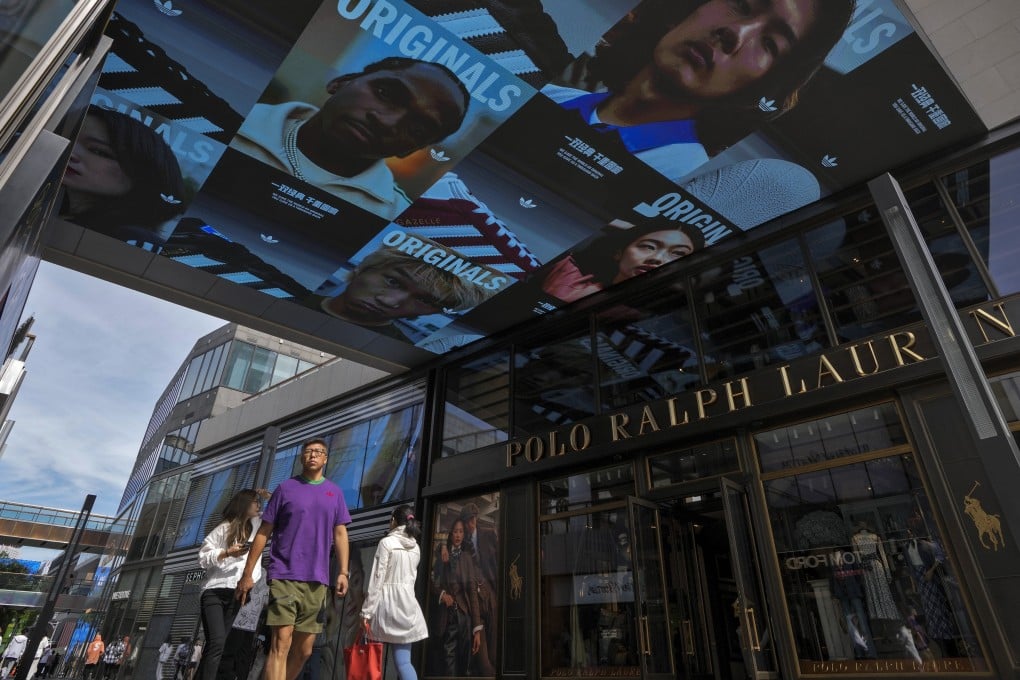China’s middle class puts luxury spending on hold as uncertainty swirls
- Survey of ‘rising affluent’ Chinese reveals spending patterns reflective of wider trends
- Less interest in luxury consumption and entrepreneurship, more focus on safety and sustainability

As an increasingly uncertain economic environment has them feeling the pinch, China’s middle class is becoming more conservative and cutting back on high-end purchases, according to the results of an annual survey.
Only 28.6 per cent of more than 4,500 people polled listed luxury spending as a financial goal, down from more than 50 per cent five years ago. The survey, published on Tuesday, was jointly conducted by Shanghai Jiao Tong University’s Shanghai Advanced Institute of Finance (SAIF) and financial services provider Charles Schwab.
The desire to save capital to start a company has also decreased, with 27.8 per cent of respondents listing it as a goal compared with about a third last year. The poll covered people it defined as newly rich, with annual incomes between 125,000 yuan (US$17,132) and 1 million yuan, from first- to third-tier cities across the mainland.
In comparison, supporting parents and preparing for potential health problems have become higher priorities.
These changes suggest that they “are refocusing on safety and near-term sustainability rather than investing in the future or spending on conspicuous consumption”, the survey report said.
Calling the studied group the “rising affluent”, Tu Guangshao, executive director of SAIF and former vice mayor of Shanghai, said they are a cohort analogous to the middle class in the west, making their behaviour significant in the larger economic picture.
“They’re very important to our economic growth, because no matter which industry they’re in, they are often the backbone,” he said. “They’re also a great driving force of consumption, especially as the government is working to stimulate spending.”
